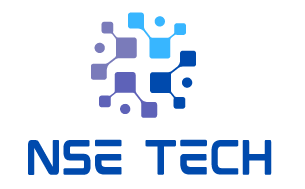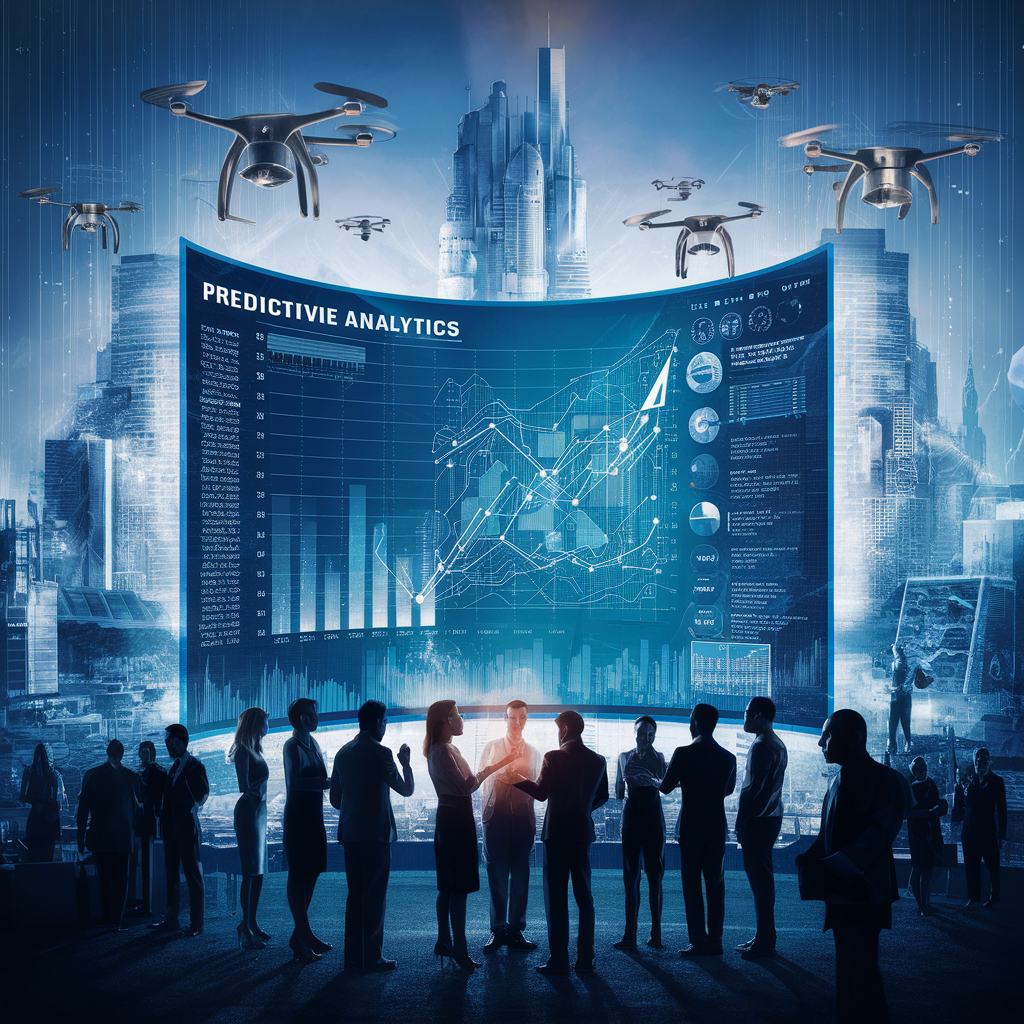In the era of big data, businesses are increasingly relying on data-driven decision-making to stay competitive. Among the various data analytics techniques, predictive analytics stands out as a transformative tool that can forecast future trends, behaviors, and outcomes with remarkable accuracy. Here’s why predictive analytics is a game changer for businesses across industries.
Understanding Predictive Analytics
Predictive analytics involves using historical data, statistical algorithms, and machine learning techniques to identify the likelihood of future outcomes. By analyzing patterns and trends from past data, predictive analytics provides insights that help businesses make informed decisions and anticipate future events.
Why Predictive Analytics is Important
Predictive analytics is important because it allows businesses to move from reactive to proactive decision-making. Instead of making decisions based solely on past events or current conditions, businesses can leverage predictive analytics to foresee potential challenges and opportunities. This foresight enables better strategic planning, risk management, and resource allocation, ultimately leading to improved business performance.
The Benefits of Predictive Analytics
- Enhanced Decision-Making Predictive analytics provides businesses with actionable insights, enabling them to make better decisions. By understanding potential future trends, companies can develop strategies that are more likely to succeed, reducing uncertainty and increasing confidence in decision-making.
- Improved Customer Insights Predictive analytics helps businesses gain deeper insights into customer behaviors and preferences. This allows for more personalized marketing campaigns, improved customer service, and better product recommendations. Ultimately, businesses can enhance customer satisfaction and loyalty.
- Optimized Operations Businesses can use predictive analytics to optimize their operations. For example, manufacturers can predict equipment failures before they occur, reducing downtime and maintenance costs. Similarly, retailers can forecast inventory needs, minimizing stockouts and overstock situations.
- Risk Management Predictive analytics enables businesses to identify and mitigate risks more effectively. Financial institutions, for instance, can use predictive models to assess credit risk and detect fraudulent activities. This proactive approach helps in safeguarding assets and maintaining regulatory compliance.
- Increased Revenue By predicting market trends and customer behaviors, businesses can identify new opportunities for growth and revenue generation. Predictive analytics helps in targeting the right customers with the right offers at the right time, increasing sales and profitability.
Applications of Predictive Analytics Across Industries
- Retail In the retail industry, predictive analytics is used to forecast demand, optimize pricing strategies, and enhance customer personalization. Retailers can analyze purchasing patterns to predict future sales and tailor marketing efforts to individual customers.
- Healthcare Predictive analytics plays a crucial role in healthcare by predicting patient outcomes, optimizing treatment plans, and improving operational efficiency. Healthcare providers can use predictive models to identify high-risk patients and intervene early to prevent complications.
- Finance Financial institutions leverage predictive analytics for credit scoring, fraud detection, and investment strategies. By analyzing historical transaction data, banks can predict customer behaviors and tailor financial products accordingly.
- Manufacturing Manufacturers use predictive analytics to anticipate equipment failures, optimize supply chain management, and improve production efficiency. Predictive maintenance helps in reducing downtime and extending the lifespan of machinery.
- Marketing Predictive analytics enables marketers to segment their audience more effectively, predict campaign performance, and optimize marketing spend. By understanding customer behaviors, marketers can create targeted campaigns that resonate with their audience.
FAQs about Predictive Analytics
What is the difference between predictive and descriptive analytics? Descriptive analytics focuses on analyzing past data to understand what happened, while predictive analytics uses past data to forecast future outcomes. Predictive analytics goes a step further by providing insights into potential future trends and behaviors.
How accurate are predictive analytics models? The accuracy of predictive analytics models depends on the quality and quantity of data, the algorithms used, and the specific application. While no model can predict the future with 100% certainty, predictive analytics can significantly improve the accuracy of forecasts compared to traditional methods.
Can small businesses benefit from predictive analytics? Yes, small businesses can benefit from predictive analytics just as much as larger enterprises. By leveraging data and predictive models, small businesses can make more informed decisions, optimize operations, and compete more effectively in their markets.
What are the key challenges in implementing predictive analytics? Some key challenges include data quality and availability, selecting the right algorithms, integrating predictive analytics into existing systems, and ensuring that staff have the necessary skills to interpret and act on the insights provided.
How can businesses get started with predictive analytics? Businesses can start by identifying specific problems they want to solve or opportunities they want to explore. They should then gather relevant data, choose appropriate predictive analytics tools, and build models to analyze the data. Partnering with experts or consulting firms can also help in implementing predictive analytics effectively.
Book A Free Consultation
Predictive analytics is a game changer that empowers businesses to make proactive, informed decisions. By harnessing the power of data to forecast future trends and behaviors, companies can enhance efficiency, improve customer experiences, optimize operations, and drive growth. As technology continues to advance, the potential for predictive analytics to transform business practices will only increase, making it an indispensable tool for success in the digital age.
Ready to leverage predictive analytics for your business? Contact NSE Tech today to learn how we can help you harness the power of predictive analytics to achieve your business goals.


